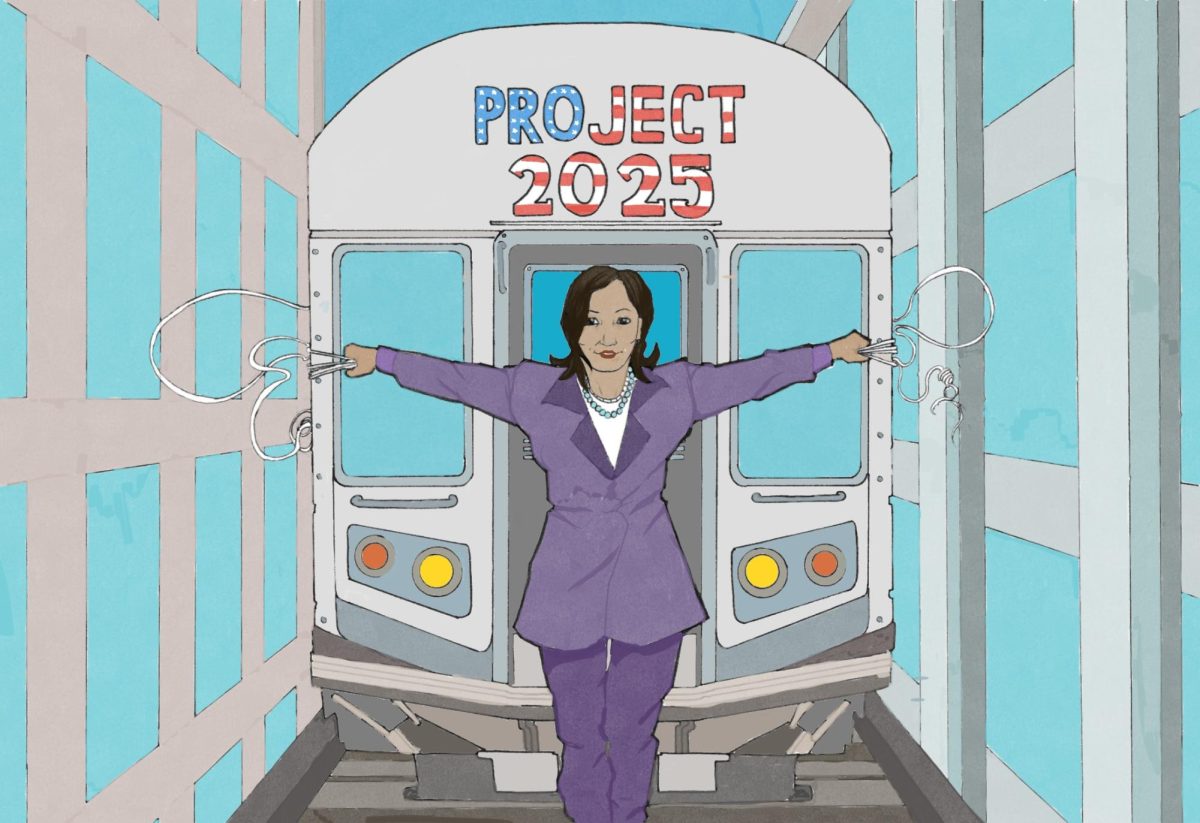The news that California community colleges would soon begin to offer bachelor degrees hit students of all levels like a surprise gust of strong wind, and as the news spreads it seems to be met with questions, exclamations and comments mostly on board with the plan.
But before jumping on the bandwagon, a closer look might raise more questions than anything else.
What we do know is that each school that has been selected is only offering the option of acquiring a bachelor degree in one field.
The estimated start is in the 2017-2018 school year and it will come to an end in 2023 with an option for renewal.
Each school is only allowed to offer the degree for a field that is not taught at any nearby schools, and it’s estimated that it will cost about half as much as attending a four-year state college, which, according to the LA Times, is roughly $20,000.
With college students being generally low on money, any idea like this is usually welcomed with open arms.
There are obvious positives to this plan, particularly now with most California four-year campuses being impacted, sometimes making students wait a year or more just to get in.
While it would be a regular bachelor degree, would there be some underlying assumptions of its credibility simply because of where it came from, particularly from employers?
There is a black-and-white difference between education offered at a community college and university, which might not go away simply because you have the same piece of paper.
With each school only offering the degree in one field per school, what of the other students? Rio Hondo is offering the degree in Automotive Technology, good news for car enthusiasts, but it would have no effect on any other students on campus. The very small pools of students able to take advantage of this are far too outnumbered by all the others. To put it simply, shouldn’t it be fair for all, or even most?
Saving money is something most students strive for, but perhaps another look at the plan would do the idea better justice.









